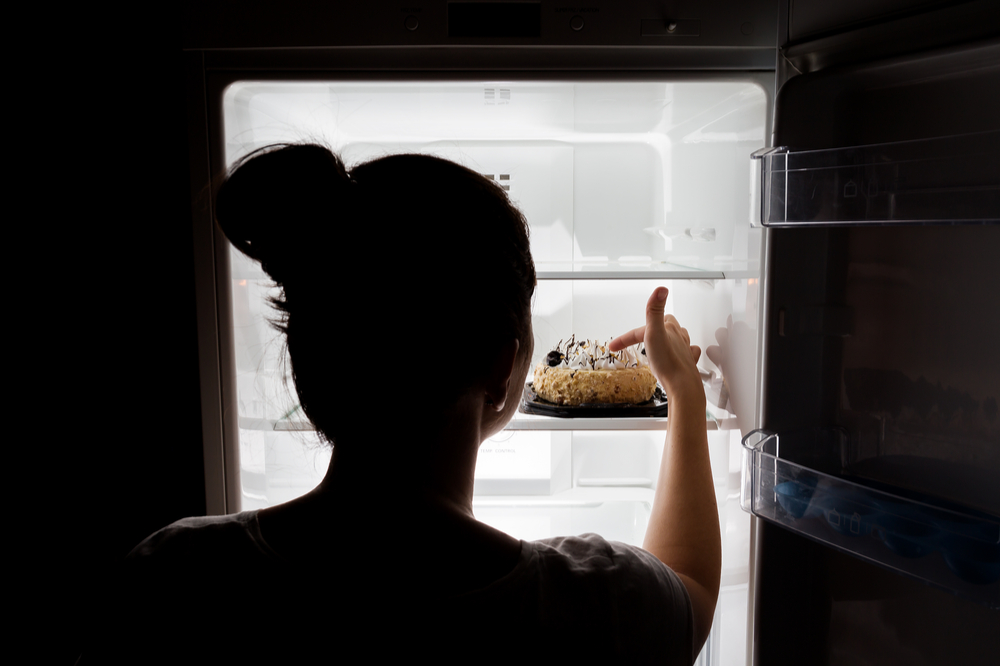The recovery process is full of temptation: from sugar cravings that threaten to derail your efforts towards physical health to the monumental urges that threaten to steal your sobriety. Anyone taking on the task of recovery should be aware of these threats to the recovery process, no matter how big or small.
In addition to knowing your triggers and recognizing attention-seeking behaviors, being aware of common addiction substitutes like nicotine, sugar and caffeine are the cornerstones of successful substance abstinence.
Healthy Habits for the Recovery Process
Especially in early recovery, it is essential to take your physical health seriously. Taking care of your body will make abstinence and recovery more sustainable, both in the short and long term. Establishing healthy eating, sleeping and hygiene routine habits will support the recovery process and allow you to approach the challenges of recovery with more clarity and confidence.
Often after the withdrawal phase subsides, cravings of other kinds tend to increase. These can include craving attention, craving certain activities and even craving certain types of foods. In particular, between months one and six of sobriety, a craving for sugar and sweet foods often operate as a replacement for the drug. This craving occurs because certain chemical compounds in some foods stimulate the same part of the brain that drugs do.
Using food to satisfy cravings is something that many individuals in the recovery process learn to use in an attempt to curb their desire for the illicit substances they crave. However, it’s important to look under the surface at what elements of the food pose the greatest temptation: sugar, caffeine or something else.
The tendency to become addicted to one of these compounds is so common that someone in recovery and their support team must be hyper-aware of the signature behaviors associated with this.
Sugar Cravings During Recovery
The addictive nature of sugar has been cited in science for many years, and while most could argue it is safer than illicit substances, it can still be just as addictive. Research has shown similar brain activity between those who use substances and those who ingest large quantities of sugar. All substances in question impact the brain’s reward center and thus contain addictive potential.
While research continues its attempt to isolate the specific mechanisms that allow for the transfer of addiction, the concern for this correlation even extends to doctors who prescribe opioid derivatives to their clients.
Prioritizing Healthy Eating
As you work to prioritize healthy eating on the journey to recovery and overall wellness, it’s important to note that both regularity in your schedule and attention to what you’re eating plays a significant role. Excessive and inconsistent sugar intake can create more intense cravings—usually succumbed to without conscious awareness. By choosing to be extra aware of your sugar consumption and other disordered eating behaviors, you will better prepare yourself for success in the long term.
Sugar cravings in the recovery process may be unavoidable, but working closely with your recovery support team will help you discover these potential pitfalls early and help you know what to do when you encounter them.
The Ranch Tennessee offers several treatment programs for mental health disorders as well as compulsive behaviors and substance abuse, including co-occurring addictions. If you or someone you know is struggling with addiction, begin the journey to a healthier life and contact The Ranch Tennessee today at 888-387-6513 to speak to a professional who can point you in the right direction.

